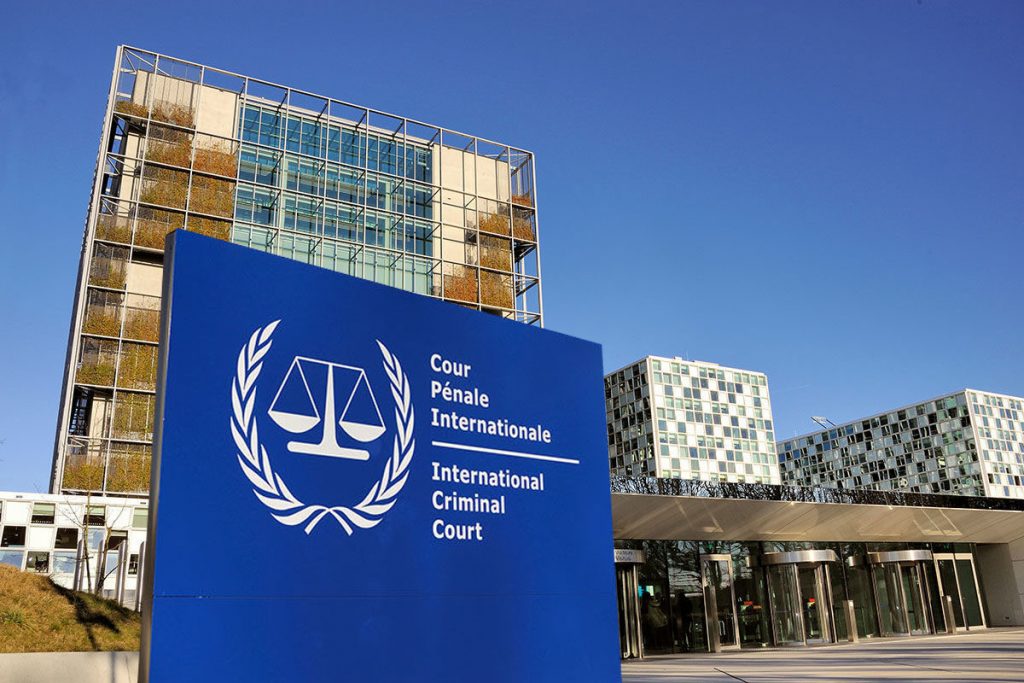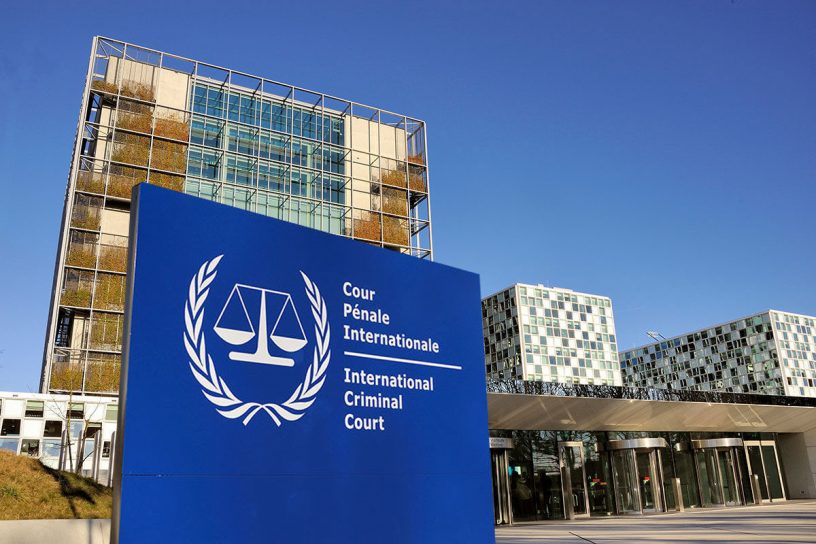
While powerhouse countries throw their weight around on the field of international justice, it is worth looking at how effective the ICC has been in achieving its goals of holding those guilty of international crimes to account.
Author
Saumya Uma, Professor, Jindal Global Law School, O. P. Jindal Global University, Sonipat, Haryana, India.
Summary
July 17 of each year is commemorated as the International Criminal Justice Day, marking the day on which the Rome Statute establishing the International Criminal Court (ICC) was adopted. The ICC was established with a vision of countering the impunity that was enjoyed, particularly by powerful actors and leaders responsible for the commission of the most serious crimes under international law. Though they perpetrated grave crimes against a large number of civilians, they were able to escape the clutches of domestic law with impunity due to their power, position and clout.
The ICC was intended to counter the same and hold individuals responsible, irrespective of their positions or how powerful they were within their countries. Examining the work of the ICC since its functioning in 2002, it is important to ask if that vision of “catching the big fish” has been fulfilled.
US efforts at staying above the law
The United States tops the list of rogue states that have shielded their nationals from the ICC’s reach while doing lip service to the rule of law and their commitment to justice. In 2000, the Clinton administration had signed the ICC statute but it needed to be ratified by the Senate. In May 2002, under the Bush administration, the US withdrew its signature to the ICC statute and announced that it has no intention of becoming a party to it.
Published in: The Wire
(This is the second in a series of articles on the International Criminal Court (ICC). The Rome Statute creating the ICC entered into force on July 1, 2002 and the court is now in its 20th year. To mark the occasion, The Wire is publishing a series of articles evaluating its performance over the past two decades. See also: Part 1 (Afghanistan))
To read the full article, please click here


